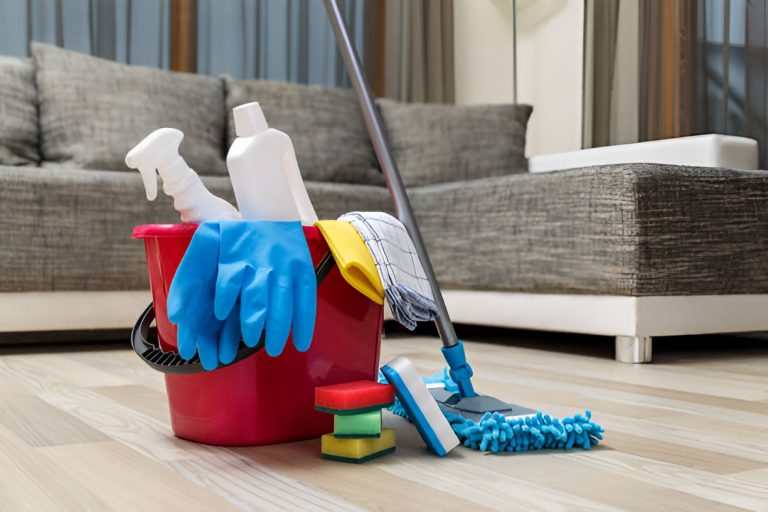

There are few modern conveniences that are more of a necessity to our way of life than modern plumbing. Having hot and cold water delivered to you through an intricate system of pipes the moment you want it is something that our ancestors could not have even dreamed of. Having a sewer instantly take away our waste without any human contact is a building block in our sanitary and healthy society.
However, having to make repairs to your plumbing and sewer system can be a nightmare for a homeowner. Here are a few tips for getting the most life out of the plumbing system in your home:
- Don’t skimp on plumbing and sewer inspections.
When you purchase your home, a plumbing and sewer inspection may be required in order to get financing for your home loan. Even if it is not, you should have it inspected by a professional before you sign the dotted line. Many people do not realize that sewer pipe issues are actually in expense the homeowner has to pay, not the government. Spending a few hundred dollars on the sewer inspection before committing to a property could save you thousands by avoiding a huge repair.After you move into your home, you should have your sewer inspected approximately every two years. Common expensive plumbing issues that could be avoided with regular inspections include:
- Invasive roots
- Sagging pipes
- Debris, blockage, and build up
- Cracked and weakened pipes
New technology allows contractors to get a detailed view of the health of your plumbing with a sewer camera that runs through your pipes; the process is noninvasive, inexpensive, and only takes a few hours.
- Keep clogging agents out of your drains.
One of the easiest ways to avoid expensive repairs is by being very cautious about what goes into your pipes. Never use your drain to dispose of grease, fat, or oil. Even if it is in a liquid state when you pour it, when it cools and hardens, it will create an impenetrable blockage. It’s a good idea to install traps over all of your drains, to catch any solid particles and hair before they clog your pipes. And of course, only flush toilet paper down the toilet. - Stay on top of repairs.
Even if your plumbing issue is just a small leak or something that appears inconsequential, being slow to fix it can turn into a nightmare. A mild leak can create a moist environment that promotes mold growth, another expensive repair. It’s a lot easier if you just make small repairs as soon as you notice them. - Understand your plumbing system.
In the case of a plumbing catastrophe, the best way to avoid major damage is to shut off the water to the entire house immediately. To be equipped to do this, you need to understand how the plumbing reaches your house, which valve supplies water to the entire house, and how to turn it off. Water damage is the leading cause for insurance claims, and results in thousands of dollars of repairs. If you can avoid a flood so that you only need to repair the busted pipe itself, you can save yourself a lot.
Do you have any other simple plumbing maintenance tips? Please share them in the comment section below.



